The thinnest aluminum foil, often referred to as “ultra-thin aluminum foil,” has a variety of specialized uses due to its extremely thin and lightweight nature. It is typically measured in micrometers (μm) or mils (thousandths of an inch). Some of the common uses of ultra-thin aluminum foil include:
Electronics: Ultra-thin aluminum foil is used in the electronics industry for applications such as capacitors, printed circuit boards (PCBs), and flexible electronics. Its thinness and conductivity make it suitable for creating compact and lightweight electronic components.
Electromagnetic Shielding: Die thinness of aluminum foil allows it to be used as an effective electromagnetic shield. It can be applied to sensitive electronic devices or areas to block electromagnetic interference (EMI) and radio frequency interference (RFI).
Verpakking: Ultra-thin aluminum foil is used for packaging delicate and sensitive items that require protection from moisture, lig, and other environmental factors. It’s commonly used for packaging items like pharmaceuticals, elektronika, and food products.
Batteries: Thin aluminum foil is used in the production of batteries, particularly lithium-ion batteries. It serves as a current collector, helping to distribute and conduct electrical charge within the battery.
Hittewisselaars: In some specialized applications, ultra-thin aluminum foil is used in heat exchangers due to its high thermal conductivity. It’s particularly useful in situations where efficient heat transfer is crucial.
Isolasie: Thin aluminum foil can be used as a reflective insulation material, often combined with other layers to create insulation that reflects heat and light.
Decorative Crafts: Extremely thin aluminum foil can be used for decorative purposes in crafts, kunsprojekte, and decorations due to its malleability and reflective properties.
Research and Development: Researchers and scientists sometimes use ultra-thin aluminum foil for experimental purposes, including studies in material science, nanotechnology, and surface properties.
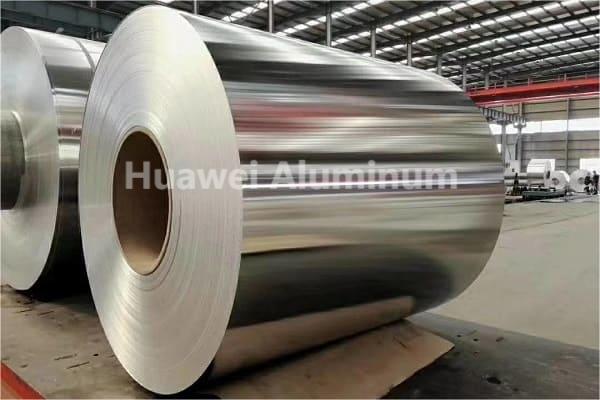
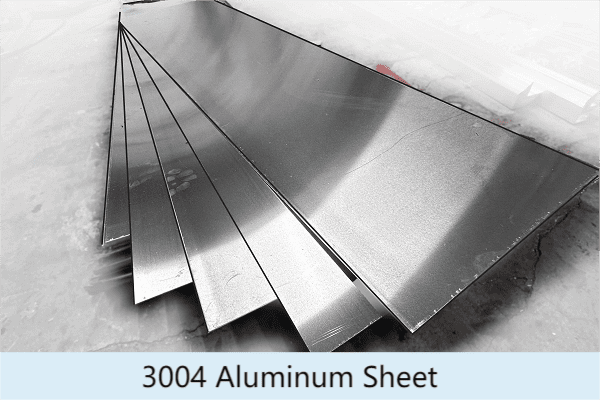
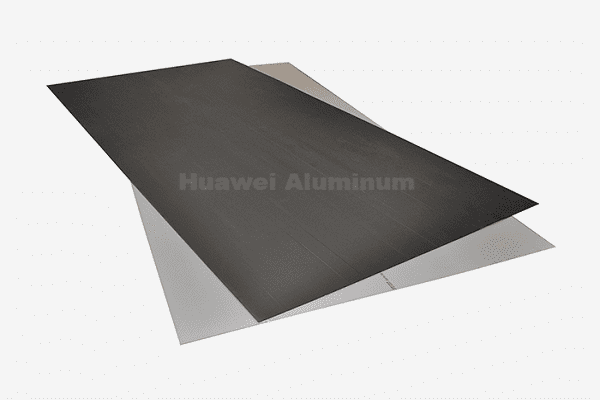
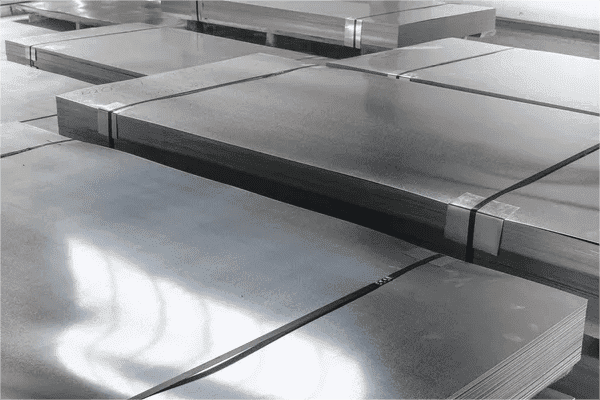
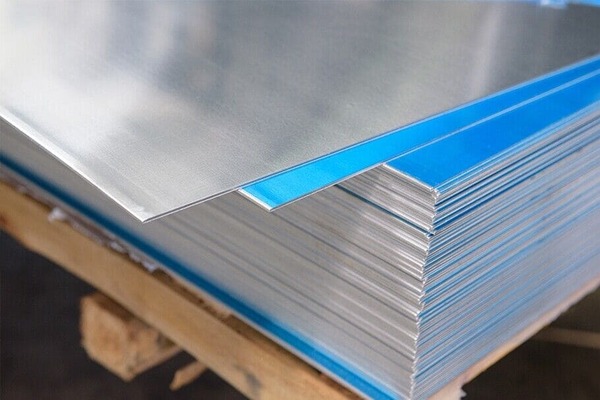
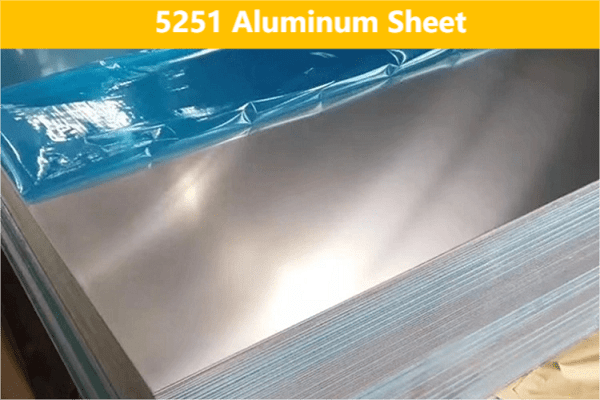
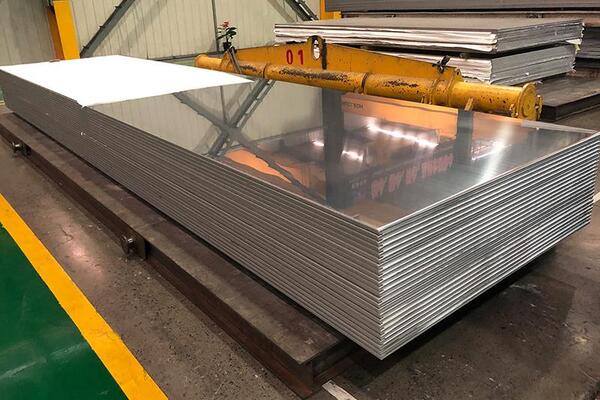
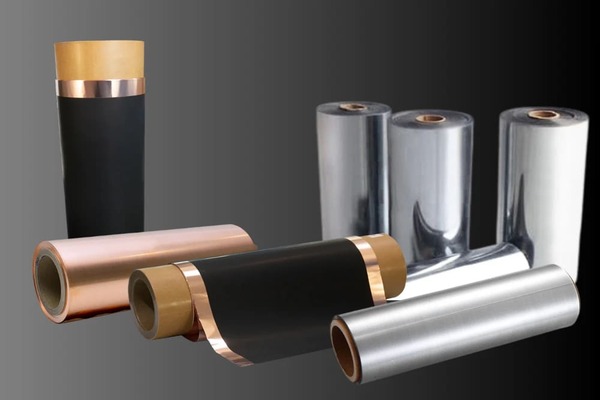
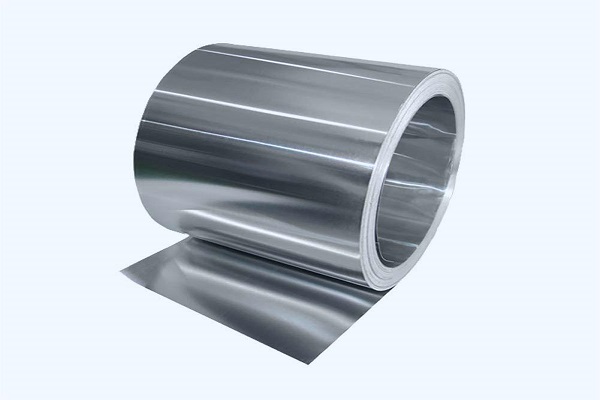
Los 'n antwoord